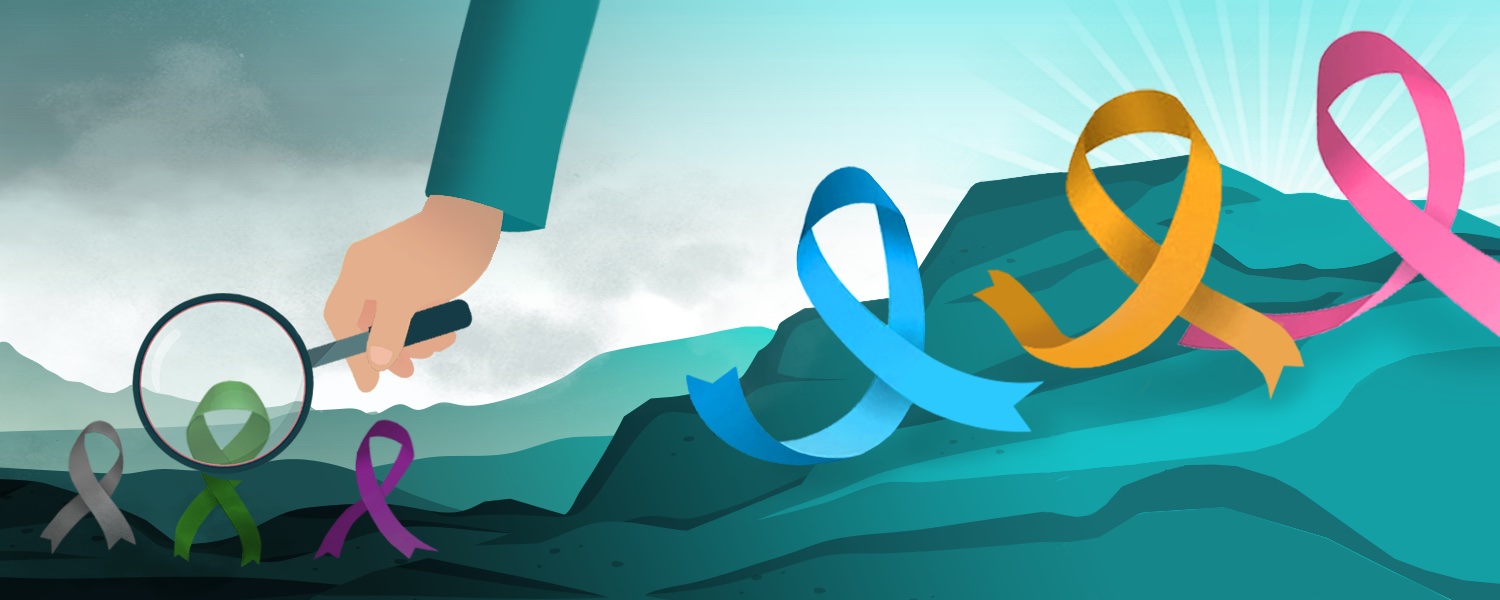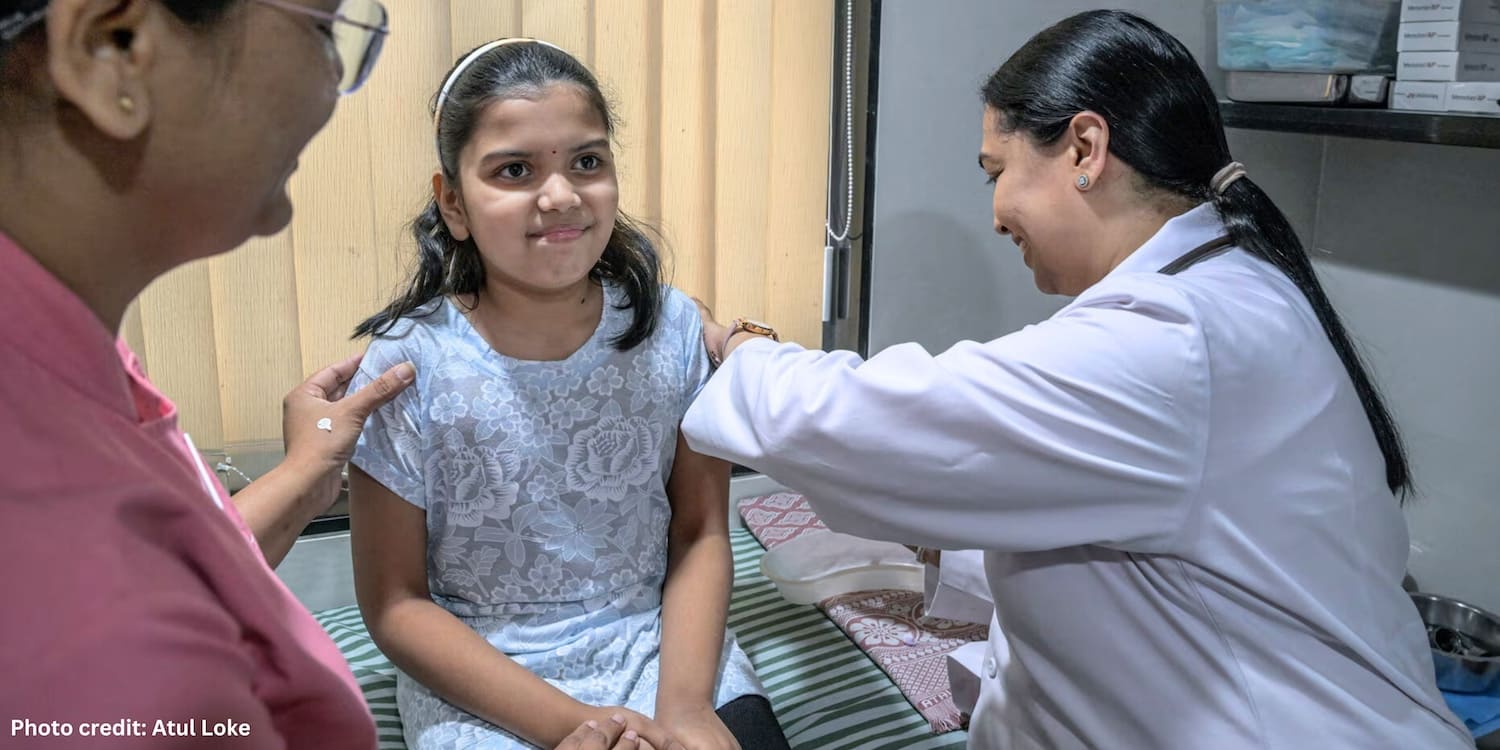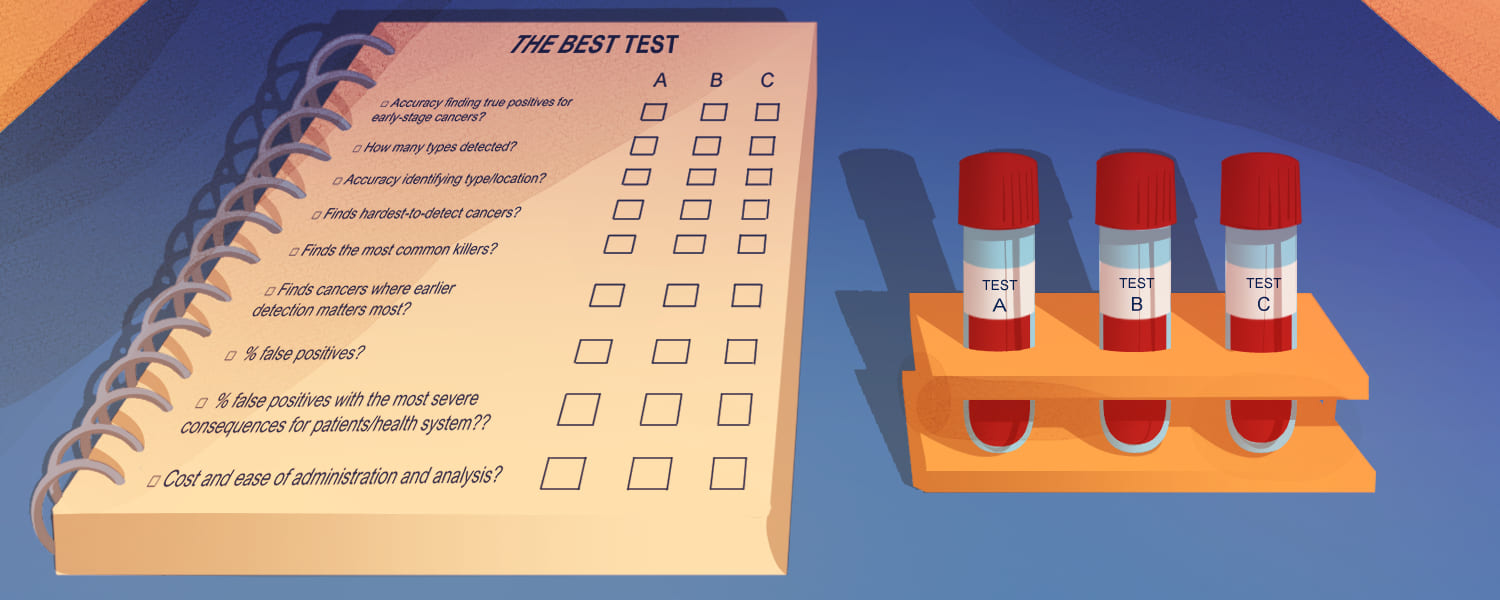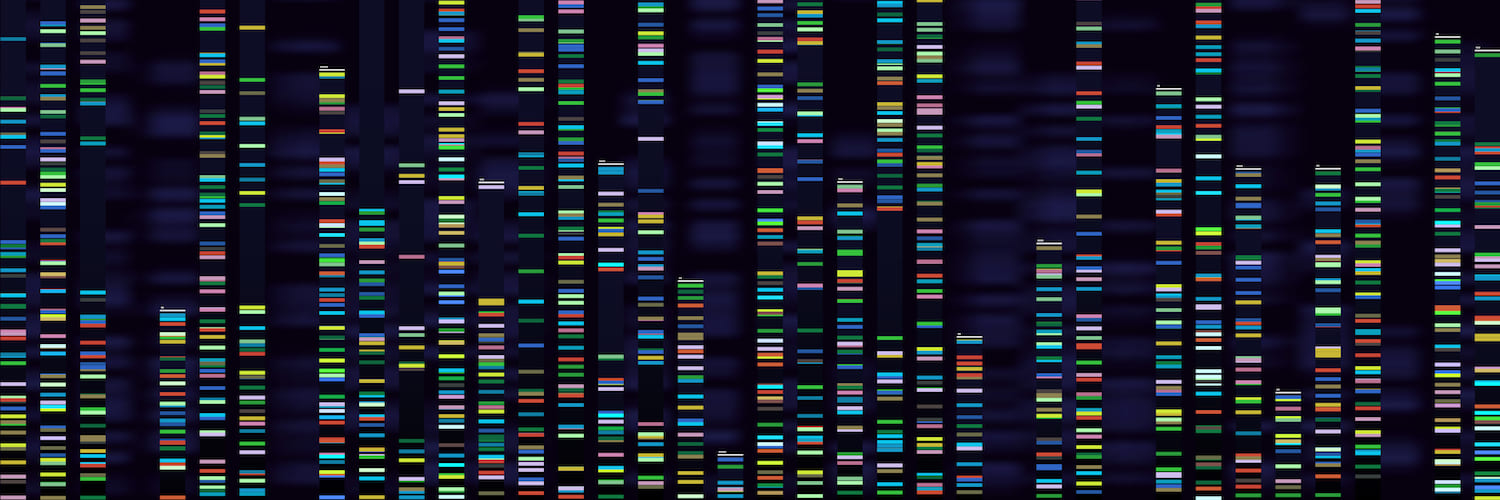Posts by author
Rachel Brazil
Improving outcomes in poor-prognosis cancers: novel approaches and strategic challenges
Recent decades have seen major advances in how we treat cancer, leading to significant improvements in survival rates. For example, women who are diagnosed with early-stage breast cancer today are 66% less likely to die from the disease within five…
India’s HPV vaccine: another step towards eradicating cervical cancer
It’s hard to remember that, at the time it was introduced in 2008, many questions were raised about whether the human papillomavirus (HPV) vaccine would be cost effective. In the intervening decade and a half, it has become abundantly clear…
Ethnic differences in cancer biology: What we are learning, and why it matters
There have been great strides in our understanding of cancer genomics - the mutational events that lead to high cancer risks and those that drive progression in cancer patients. Using vast databases such The Cancer Genome Atlas (TCGA) from the…
Supporting mental health helps patients feel better – could it also improve cancer outcomes?
Psychological stress is a known factor in numerous diseases from heart failure to auto-immune conditions. Evidence is now growing that implicates stress as a factor in cancer as well, with higher rates of recurrence and progression found in people experiencing…
Harald zur Hausen: the virologist who opened a pathway to eliminating cervical cancer
Harald zur Hausen, virologist and Nobel laureate, passed away on May 28th. His great discovery, that cervical cancer is caused by the human papilloma virus (HPV), opened the way for significantly reducing the risk of developing this disease – still…
A blood test for early detection of any cancer: What’s the ideal? Are we getting there?
Earlier cancer diagnosis could make a huge difference to cancer survival rates – only two in ten of those diagnosed after their cancer has metastasised survive, compared with nine in ten diagnosed when the disease is still localised. In 2020…
Molecular diagnostics and NGS in the clinic: where are we and where do we need to go?
The development of next generation sequencing (NGS) has been a game changer for our understanding of genetics, and in turn for many aspects of biomedicine. This includes cancer, where it has led to greater understanding of the genetic changes that…
Tackling drug resistance: how our commensal bacteria can hinder or help
Response to therapeutics can differ widely from patient to patient, with some gaining highly significant survival benefits from a therapy that in others elicits no response at all. Patients who respond initially often develop resistance or relapse over time. Not…
Woman or man? Is precision medicine overlooking key biological differences?
“Something that hit me pretty early during my residency as an oncologist was that sex in most cases is a clear-cut binary, pretty obvious biological variable affecting attitudes as well as tolerance to cancer treatment that we still rarely ‒…
Does the ketogenic diet have a role in treating cancer?
The high-fat, low-carbohydrate diet known as the ketogenic diet has become an established treatment for intractable epilepsy over the last decade, but it has also gained widespread popular attention as a regimen for weight loss. Attention has now moved to…










